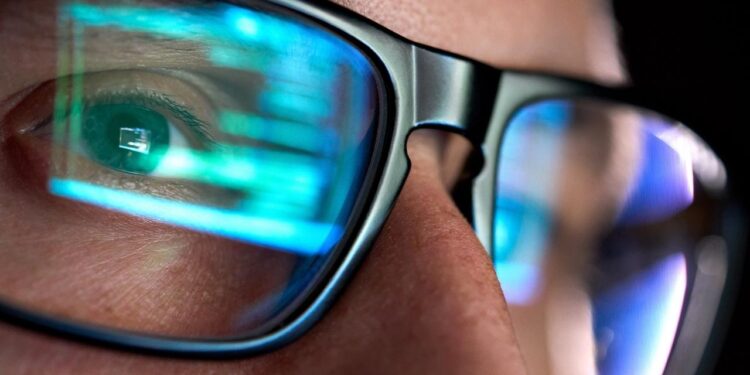Workplace monitoring is not a new phenomenon, but the shift to remote working has made the adoption of this software much more common.
For some workers, this is just part of the job. Data from keystrokes, communication with colleagues, logins, and more are monitored by a software system accessible to managers to ensure that employees are doing their job.
‘Bossware’ as it is sometimes referred to became incredibly prevalent at the onset of the pandemic to ensure workers were maintaining productivity while working from home. This software not only logged keystrokes, but it was also able to take screenshots, activate an employees’ webcam, and more.
But does this guarantee productivity?
“Investment banking in general operates under paranoia: the data we have is so sensitive that a disgruntled employee could do real damage,” said Joshua, a London-based trader working alongside this type of software.
While Joshua has never been told that he is being monitored, there are UK laws in place that require financial companies to have some form of surveillance in place.
This means that anything that is written within internal communications can be seen, and potentially punished by management.
However, not all employees are blasé about the reality of employee monitoring. For many, it feels like an infringement of privacy and trust, leading their morale and motivation to dwindle.
“Generally speaking, workers aren’t super excited about the idea of surveillance,” said Brian Kropp, chief of HR research at Gartner.
“But you can waylay concern by being honest and transparent about why you’re doing it, and how data is being used. It’s when the company hasn’t communicated it, and workers find out they’re being monitored second-hand, that it becomes a bigger problem. Employees wonder why they’re being watched and tend to start believing their employer is ‘out to get them’.”














